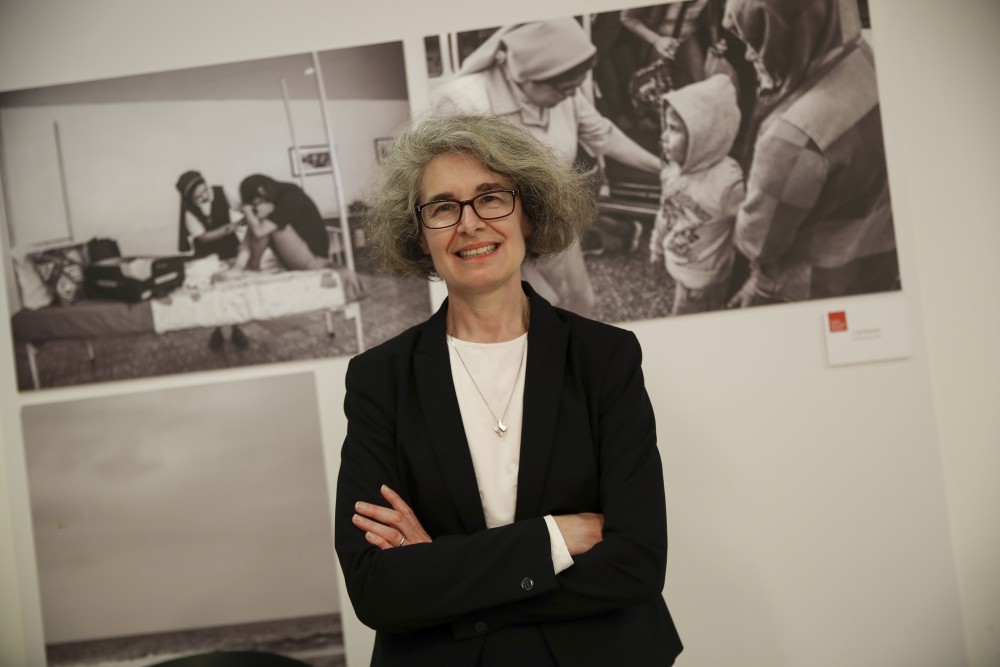Vatican won’t say if women can vote in 2023 church meeting

Vatican officials declined to say if women would be able to vote on concrete proposals about the future of the Catholic Church at the end of a two-year consultation of laypeople that begins in October.
For years female activists, including women religious, have pressed to be able to vote at Synod of Bishops meetings, which bring together the Catholic hierarchy in Rome to discuss pressing issues facing the 1.3-billion-strong church.
Pope Francis has sought to make the meetings more inclusive and participatory. But to date, women haven’t been able to vote—not even the religious superiors who participate as representatives of the world’s 641,000 nuns.
In September, the Vatican outlined the key steps in the next synod process, which will focus specifically on “synodality,” the decentralized nature of the church and the role of the Catholic laity in it.
The process begins October 9 with a papal mass in St. Peter’s and ends in October 2023 with the bishops voting on a final document. In between, the Vatican envisions a process of consultation of rank-and-file Catholics at the diocesan level and up through national bishops conferences to hear what Catholics across the board want from their church in the third millennium.
The appointment earlier this year of Nathalie Becquart, a woman religious from the French Congregation of Xavières, as an undersecretary in the Vatican’s synod office had signaled that she at least would probably be able to cast a vote, since her male predecessors had that right by nature of their office.
But when asked on September 7 whether other women invited to the final meeting in October 2023 would be able to cast a ballot, her boss, Maltese cardinal Mario Grech, refused to say.
Instead, Grech stressed that women could and should participate in the diocesan levels of consultation and that the aim was consensus.
“This attention to the vote doesn’t leave me serene,” he told reporters. “It’s not the vote that counts.”
Becquart, for her part, didn’t refer to the vote when asked what her hopes were for the process, saying only that women “are part of the people of God.”
“What is very important is that they could be listened to—and protagonists of this synodal process from the beginning,” she said. “It’s an important point that this synod could involve and listen to women.”
Women have long complained that they have a second-class status in the Catholic Church, despite doing the lion’s share of its work teaching in Catholic schools, running Catholic hospitals, and passing the faith onto future generations.
Francis has appointed a handful of women, including Becquart, to high-ranking Vatican positions and has called for women to have a greater decision-making role in church governance, but he has upheld church doctrine barring women from the priesthood. —Associated Press





